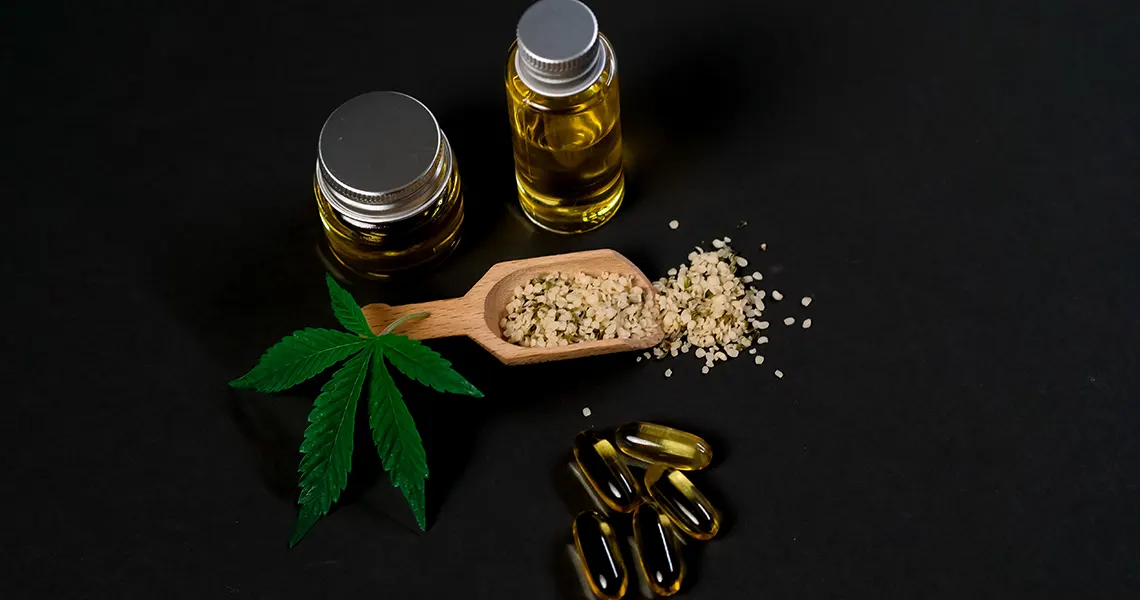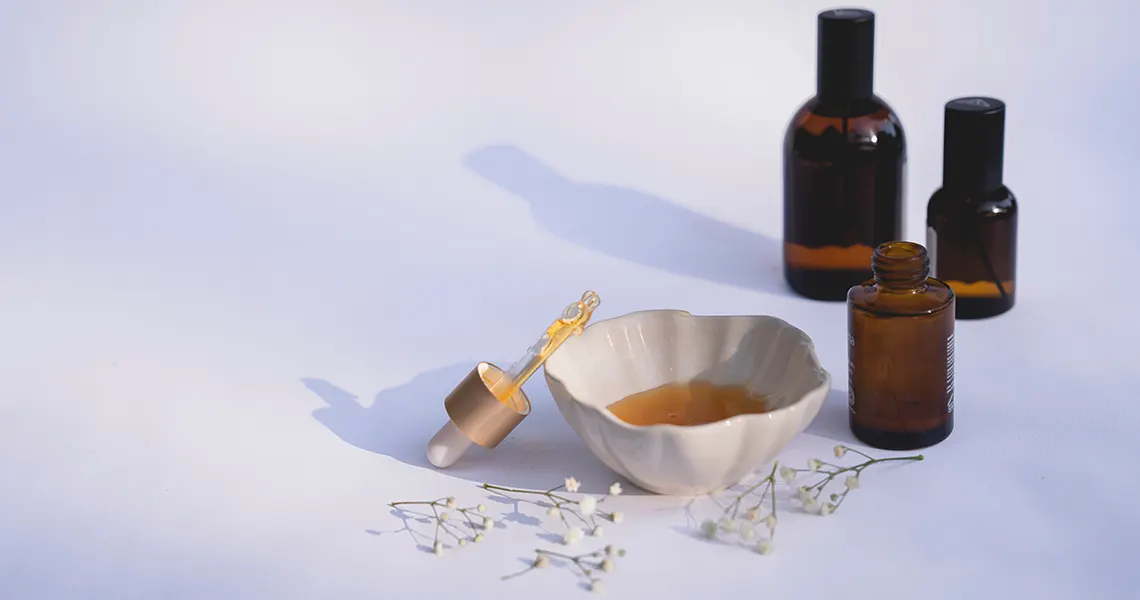
What is CBD?
With medicinal cannabis firmly planting its foot in the pharmaceutical world, CBD has fast become a popular alternative treatment option for many.
CBD, or cannabidiol, is one of two primary active cannabinoids found in medical marijuana. The purpose of medicinal cannabis is to provide relief for symptoms associated with chronic conditions.
Research on how effective these treatments are is still in its early phases, and experts have emphasised the need for long-term controlled studies. Cannabidiol is a non-psychoactive substance, so you need not worry about getting “high” when using the treatment option.
There is a wide range of medicinal cannabis products available throughout the world. Among the most popular of these is CBD oil, a fusion of cannabidiol with a carrier liquid that is stored in a dripper bottle.
With a steadily increasing amount of medical marijuana products, things can get a little puzzling. A common point of confusion for many is understanding the differences between hemp oil and CBD oil.
Is CBD oil and hemp oil the same thing?

Confusing marketing has led to misunderstandings over the difference between hemp oil and CBD oil, with some places even claiming them to be the same thing. Hemp oil, however, refers to hemp seed oil, a markedly different product from CBD oil.
Both CBD and hemp seed products can be derived from the hemp plant, but the way in which it is manufactured is entirely different.
The hemp-based product is made from the seeds of the hemp plant and contains no CBD content. On the other hand, the CBD-based product is made using the flowers, stalks, and leaves of the hemp plant and contains a high concentration of CBD.
Hemp seeds are high in nutrition and are mostly used in food and skincare products. This product is rich in antioxidants, omega-3 and omega-6 fatty acids, and other nutrients beneficial for skin and general health. It serves as a reliable source of plant-based protein.
CBD oil is used as a form of treatment to provide relief for symptoms associated with chronic conditions, such as anxiety and sleeplessness. Experts believe CBD indirectly interacts with the endocannabinoid system to produce its effects, a collection of receptors and signals that helps regulate daily functionality.
Before diving into plant-based treatments, be sure to review the key differences between CBD oil vs hemp extract.
Is CBD oil legal in Australia?

CBD is classified as a Schedule 4 prescription-only medicine. This means it is legal as long as patients have a prescription from a qualified medical practitioner.
For patients to qualify for a medicinal cannabis prescription, they will need to pass an eligibility test. The following requirements must be met if looking to use CBD:
- The patient has a chronic condition
- Mainstream medicine has so far failed to provide sufficient relief
- There is evidence to suggest that CBD may prove effective for the condition or symptoms
- The doctor deems it clinically appropriate in the circumstances.
Medicinal cannabis is not limited to a restricted list of patients or conditions, and doctors will assess the circumstances on a case-by-case basis.
A recent change in the law means that some low-dose CBD medicines can be classified as Schedule 3 over-the-counter products, but none of the existing options meet these requirements.
Doctors who wish to prescribe medical marijuana must have approval from the TGA. They get approval via the Special Access Scheme or the Authorised Prescriber Scheme.
Is hemp seed oil legal in Australia?

Hemp seed oil is legal and readily available for purchase in Australia. Both hemp seeds and hemp seed oil are considered food products and are regulated by the Australian Food Standards Code.
As such, you do not need a prescription when purchasing hemp seed oil as it is not considered medicine.
Hemp seed oil is instead included in a variety of different easily accessible products such as cooking oils, baked goods, salad dressings, skin care products, hair care products, and more. As a product high in nutrition and nourishment, it is a popular dietary substance for many.
If someone is advertising hemp oil as containing high concentrations of CBD, they are likely referring to a CBD oil, and you will need a legal prescription for the purchase of such products.
Is CBD safe?

Cannabidiol is considered to have a favourable safety profile and is easily tolerated by most adults.
The risks associated with its use are minimal, and experts have stated the potential for addiction is virtually non-existent. The non-psychoactive nature also means that individuals need not worry about getting “high”.
That does not mean that the treatment is entirely free of side effects, however, and patients should be aware of the potential issues that may occur. A few of the most commonly reported side effects of taking CBD are:
- Drowsiness
- Changes in appetite
- Stomach cramps
- Dry mouth
Cannabidiol also holds risks for pregnant and breastfeeding mothers, as we don’t have enough research regarding how it may impact the child.
The risks are also likely to be far higher if purchasing a product from an unauthorised source. The lack of third-party testing and regulation means you don’t exactly know what the product contains, and there may be harmful chemicals or bacteria.
Summary
Despite what some false advertising might have fooled you into thinking, there are clear differences between hemp seed oil and CBD oil.
Hemp oil is made from the seeds of the hemp plant and contains little to no CBD. In contrast, CBD oil is made from the leaves, stalks, and flowers of the plant, and has high concentrations of cannabidiol.
CBD is only legal for patients with a valid prescription, while hemp seed oil is seen as a food product and thus freely available.
CBD is mainly used for the treatment of symptoms associated with chronic conditions, while hemp seed is primarily used as a dietary or nutritious supplement.
Most of the evidence suggests that CBD is well-tolerated and safe for use in adults. There are, however, some side effects to be aware of.
